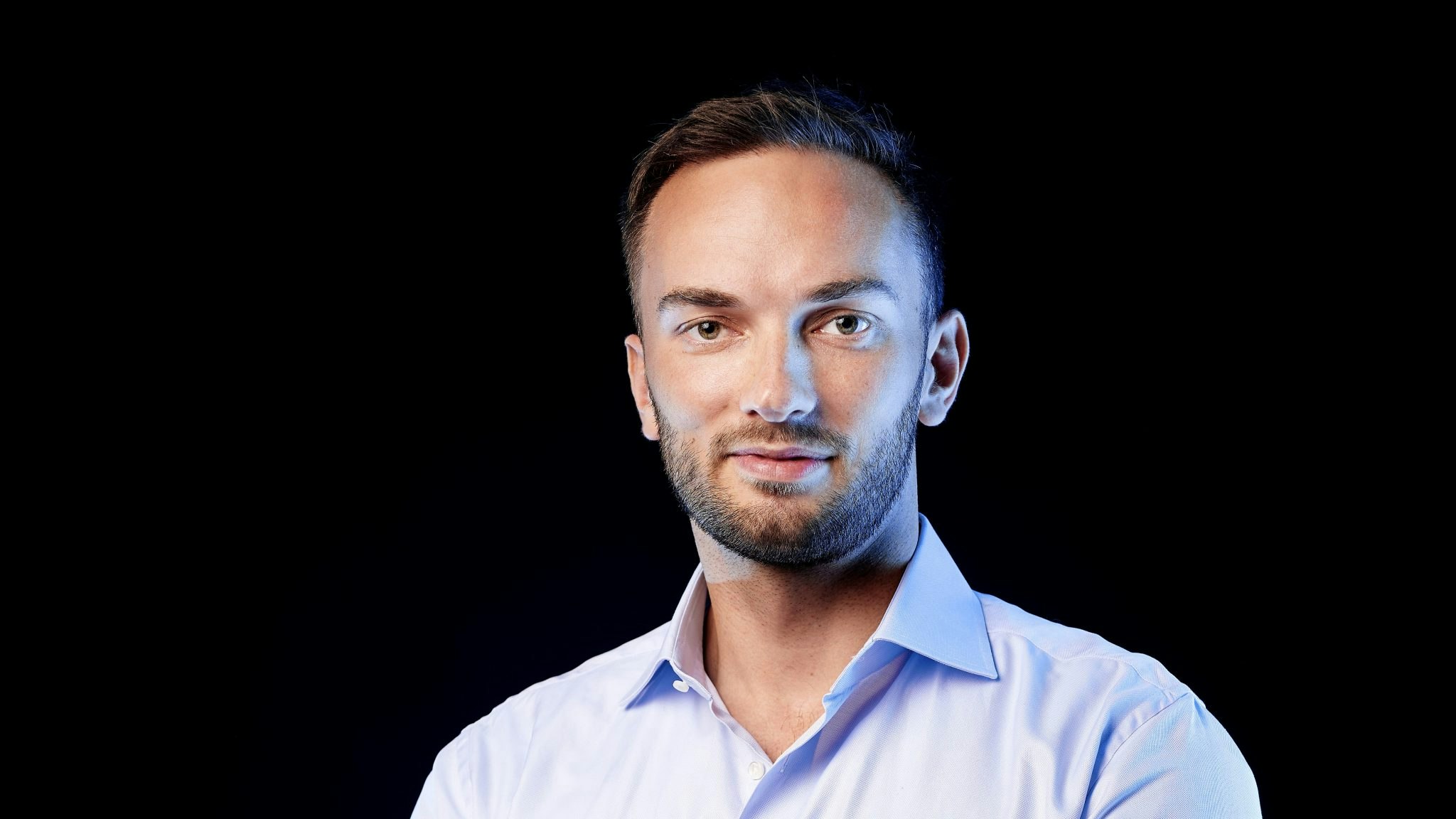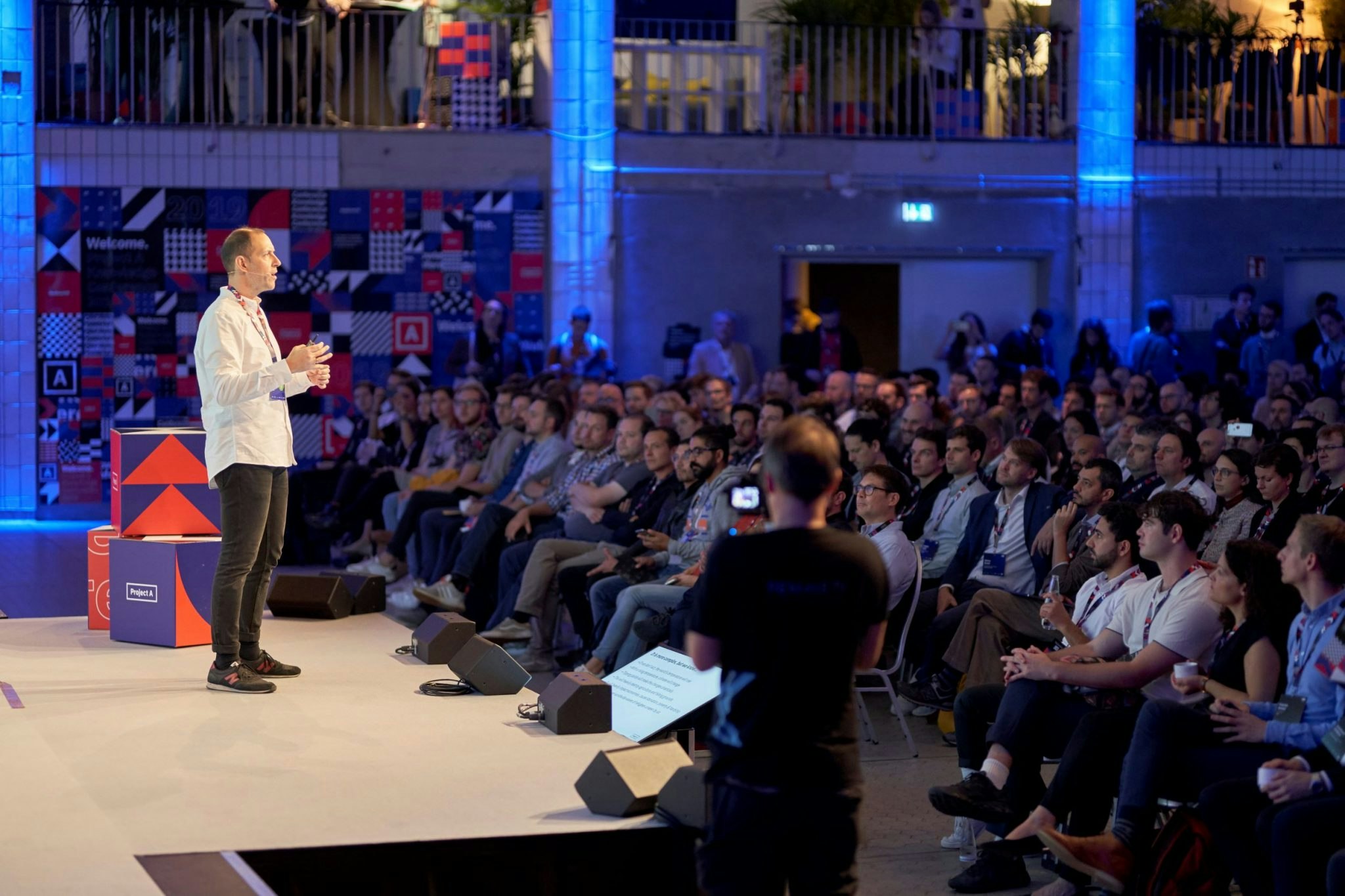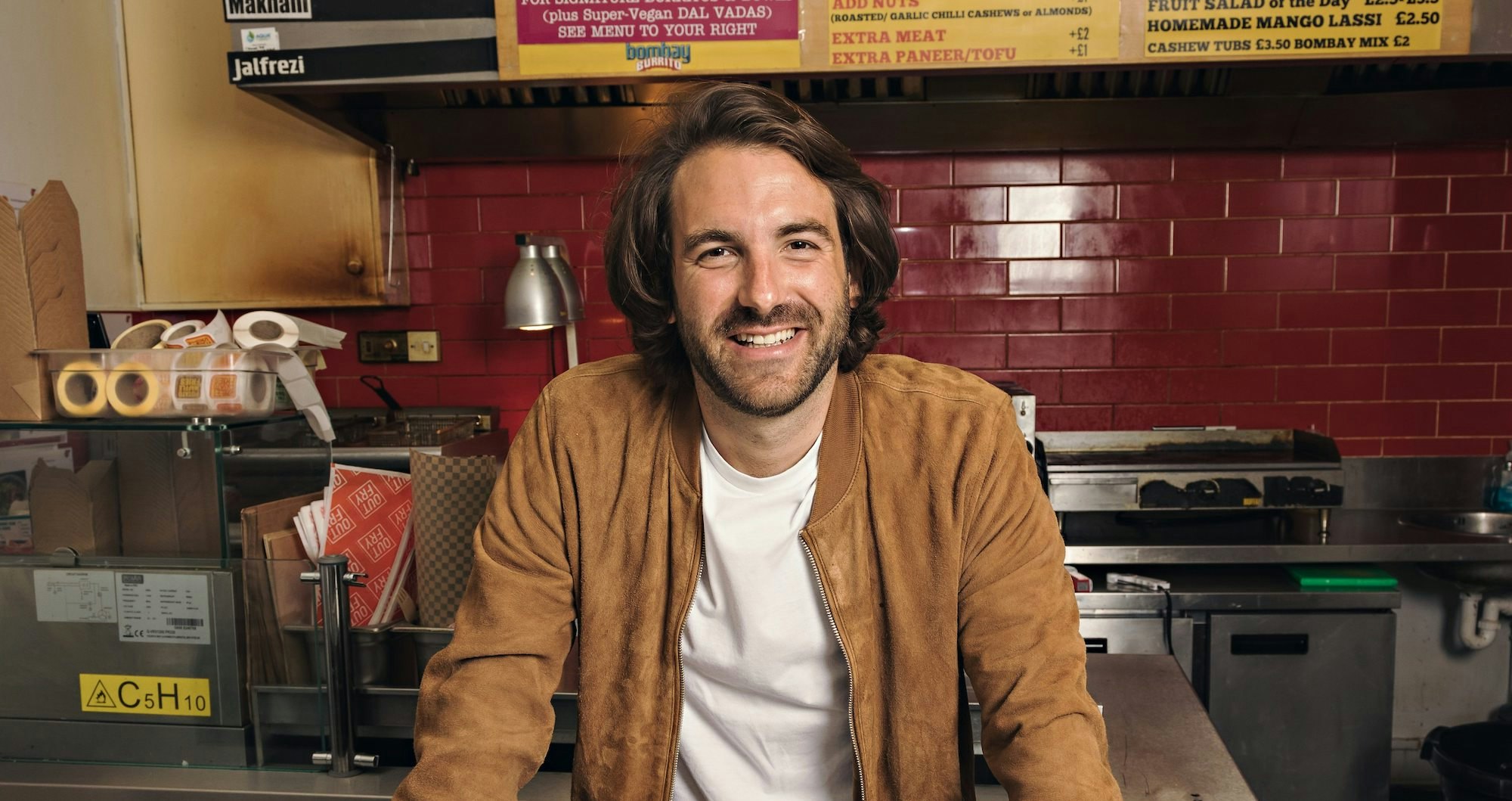In 2018, Berlin-based freight forwarder — and now unicorn — sennder closed its Series A round. But two months later, things started to go wrong.
“Our entire company imploded because we were pushing so hard with so much growth on such a small team. We didn't have the right processes or technology in place to cope with the size of the business we were growing,” cofounder and CEO David Nothacker tells Sifted. “We felt bad after having raised a couple of million and not delivering what we promised.”
We felt bad after having raised a couple of million and not delivering what we promised.
One of their backers is Project A, a VC firm that takes an ‘operational’ approach — basically, they get hands on, and work directly with their startups, providing operational support across product, growth, data and HR.
Nothacker says a Project A partner spotted the pressure he was under, and offered practical help: “Project A made us understand that we had to spend more time on the top-down value proposition and also gave us a format and an approach that we could use. That was something we didn't see the importance of. It meant a lot to us.”
How can VCs help their investments, without smothering them? We spoke with Project A, and several of their startups, to learn about the perfect VC-startup relationship.
VCs: Do no harm
While some startups will benefit from a helping hand, VCs need to know their boundaries. Uwe Horstmann, cofounder and general partner at Project A, believes VCs need to navigate any possible power imbalances and allow startups to create their own culture.

“The first principle of a founder and VC relationship should be in line with the professional ethos of doctors, which is first: do no harm. We don’t want to hijack companies, or to give advice because we have to give advice.”
Jakob Knutzen launched the video conferencing platform Butter in mid-2020, which was backed by Project A. He thinks a good VC should keep its distance, but offer support for the problems that affect all startups — such as pricing, data and navigating market trends.
The first principle of a founder and VC relationship should be in line with the professional ethos of doctors, which is first: do no harm.
“In the early days, you wanted to have the freedom to find yourself. VCs who step back and allow people to do their thing are the most valuable,” he says. “VCs that try to micromanage negative situations often end up really bad because they don’t always have sufficient knowledge to help out when things go south.”
The level of support a VC can offer a company varies at different stages of growth. Horstmann initially thought founders would be more likely to engage with the operational side of Project A in the earlier stages, but has found the opposite to be true.
“Founders, especially in the hyperscale phase, understand the value we can provide. Once companies hit a certain inflection point, that is when they start to use us a lot. In the beginning, we also like to help. There is a lot of support we can provide that can help people avoid mistakes,” Horstmann says.

Startups: Do your homework
While he welcomes the business support, Knutzen thinks the terms of the investment will be one of the most important things when looking for a VC. Before joining forces with a VC, he recommends doing due diligence and asking other startups about their experiences.
Dr Sophie Chung, founder of healthcare startup and Project A portfolio company Qunomedical, believes a startup needs to find a VC that shares the same passion but who can also act as a sparring partner for ideas.
“Choosing an investor is almost like choosing a lifelong partner — this is someone you are going to deal with for the next few years. The financial firepower is important, but you need someone by your side who truly understands the stage you are in as a company and is willing to walk with you on a potentially bumpy road.”
Choosing an investor is almost like choosing a lifelong partner — this is someone you are going to deal with for the next few years.
Coming from a clinical background, Dr Nick Taylor had never picked up a business book before launching a mental health platform, and Project A portfolio company, Unmind. However, he knew what sort of VC he wanted to work with.
“We’re a very values and culture led organisation. We’re careful about every employee who joins Unmind and we take the same approach when selecting our investors,” he says. “They need to understand what we’re trying to do, how we’re trying to have an impact, and buying into the mission of the company.“
Knowledge sharing is key
Initially, Nothacker had dismissed the idea of an operational VC and thought he would never need to use one for sennder. But he’s since turned to them for help with marketing and took advantage of their tech team for over a year.
When Nothacker had to let the chief technology officer (CTO) go, a member of Project A’s 100-strong operational team took on the role and led the sennder’s tech team for several months until a new one was appointed.
And knowledge-sharing isn’t only about sending in experts. Taylor believes in choosing VCs who sit on multiple boards of companies, as they’ve seen other startups going through the same stages. “They can draw on the wealth of experience that they have from their portfolio to help advance you as a company as well.”
[VCs] can draw on the wealth of experience that they have from their portfolio to help advance you as a company as well.
Startups working with Project A started to network informally and exchange ideas. Horstmann saw how beneficial it was and started the annual Project A Knowledge Conference.
“We realised the demand for [knowledge sharing] is something bigger than just in our portfolio,” he says. “We follow an open source approach. If we share a code that we developed, why shouldn’t we do the same with our knowhow? It’s our way of giving back to the ecosystem and also our way of paying it forward.”

Kristina Prokop, founder of data firm Eyeota, has attended every single Project A Knowledge Conference and will be speaking at the next one.
“I’ve walked away with some very good learning from the conferences. Some things are deep dives into things you already know, but it is always amazing to open your mind and see what is out there in terms of new ideas and movement in the market. You don't always have an environment where you can exchange with executives on certain topics in a safe, protected manner.”
Want to learn more about operational VC and hear firsthand from startups and digital entrepreneurs? Join Project A’s Knowledge Conference 2021 on 8 October 2021. Apply here. Tickets are free.
The Knowledge Conference is a daylong event featuring experts from every area of digital operations who will share their insights and best practices. From marketing to development, from sales to branding, from data science to product management.




